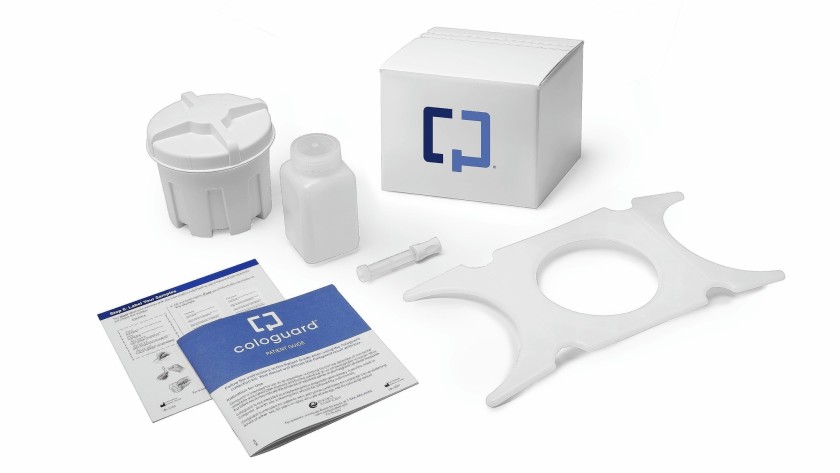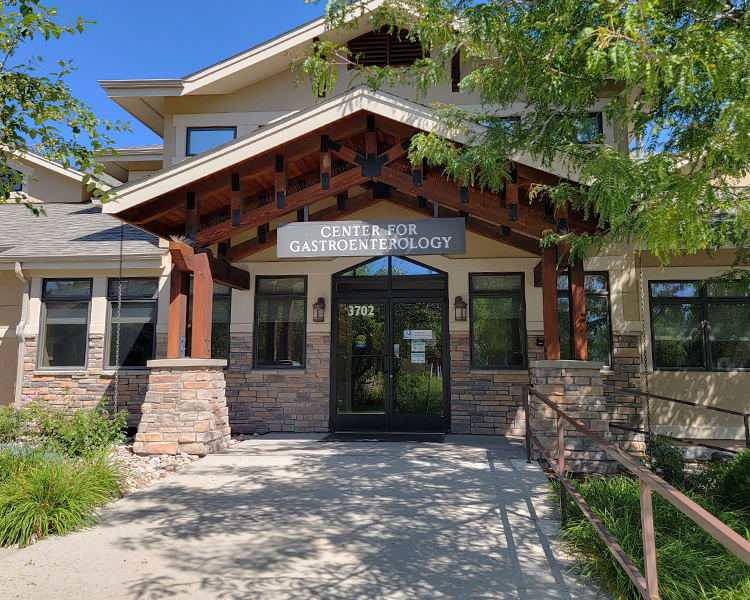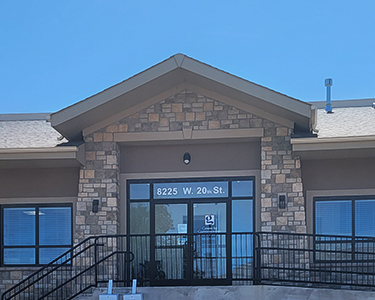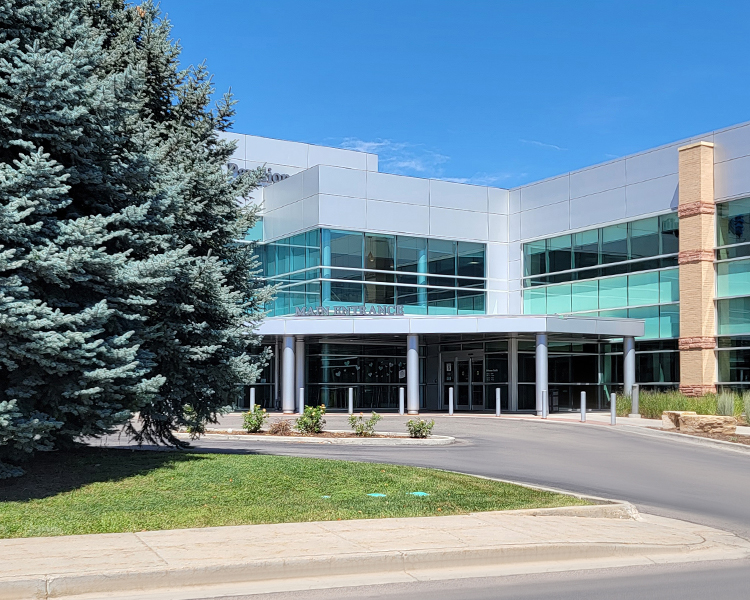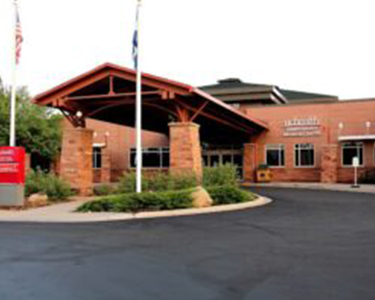Quick Links
For patients experiencing symptoms that may be related to underlying issues in the colon (large intestine), flexible sigmoidoscopy may be an option to identify abnormalities and move toward designing a plan of treatment. Centers for Gastroenterology is proud to provide flexible sigmoidoscopy procedures in Northern Colorado. For over 40 years, our mission has been to deliver the highest quality gastrointestinal healthcare to patients of all ages in Northern Colorado. With offices in Fort Collins, Loveland, Greeley, and Steamboat Springs, we provide many outpatient services.
What is Flexible Sigmoidoscopy?
A flexible sigmoidoscopy procedure uses a sigmoidoscope–or a very thin tube that is flexible in nature–to evaluate the large intestine. The sigmoidoscope is inserted into the body through the rectum. A very small camera is attached to the sigmoidoscope, which allows a member of our team to view and analyze the inside of the body. This method can also be used to provide biopsies, or tissue samples, if needed. This procedure is limited to the left colon or lower part of the colon.
Why is Flexible Sigmoidoscopy Performed?
Flexible sigmoidoscopy may be performed for several reasons. It can be an important and effective tool in determining issues that may be occurring internally. Patients who are experiencing bleeding from the rectum, pain in the abdomen, and distinct shifts in bowel habits or stool quality may benefit from this procedure. It is also a diagnostic tool for colon cancer. Our team will discuss your symptoms and medical history with you to determine whether this procedure is the best first step toward treatment.

Flexible Sigmoidoscopy Procedure
Prior to the day of the test, you will be placed on a diet for 24 hours, typically one requiring no foods and only clear liquids. A laxative or enema kit may also be prescribed to ensure that the area being studied is clear. Your physician and/or medical team will advise you to stop taking certain medications for a brief period before the exam to ensure optimal results. Before the procedure begins, your physician will review what to expect during the process.
To start the exam a gown is provided and you will be instructed to lie on your left side. The sigmoidoscope will be inserted through the rectum. The sigmoidoscope contains both a tube and a light. Carbon dioxide gas is used to inflate the large intestine helping improve the visualization of the mucousa. Mild abdominal discomfort and the urge to produce a bowel movement may occur. The scope takes pictures to document the procedure. If needed, tissue samples can be taken during this time.
This procedure can typically be completed within 15 minutes unless a biopsy is taking place, as well. Sedation may or may not be given to the patient. A colonoscopy may be recommended after this procedure if your physician notices the presence of polyps or any other medical condition.
FROM OUR BLOG
Colonoscopy vs. Cologuard
The third most common cancer in the United States is colorectal cancer. The American Cancer Society estimates 145,000 new cases this year. Along with…
Continue ReadingFlexible Sigmoidoscopy Recovery and Aftercare
Patients are able to return home on the day of the procedure. You should be able to resume normal eating habits and standard levels of physical activity immediately. Mild discomfort in the abdominal region is not uncommon, as well as increased passage of gas for a short period of time. Your physician and/or medical team member will finalize the procedure report and discuss the findings and recommendations.
Contact Us Today to Schedule Your Flexible Sigmoidoscopy
To learn more about flexible sigmoidoscopy, contact Centers for Gastroenterology today to schedule an appointment for a consultation with one of our experienced physicians. For your convenience, you may view and download our patient forms prior to your appointment.


